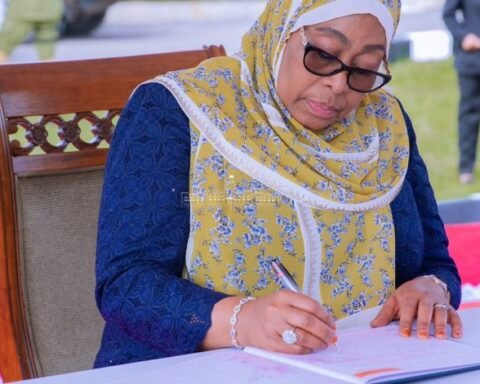Nearly one in three pregnant women in Zanzibar experiences mental health challenges during pregnancy, while around 26 percent of mothers continue to face similar difficulties after childbirth, according to a recent study conducted by the Zanzibar Ministry of Health in collaboration with the World Health Organization (WHO).
The preliminary findings were shared during a one-day meeting held in Kariakoo, Urban West Region, highlighting the urgent need to address maternal mental health as a key component of overall maternal care.
Dr. Salim Slim, Director of Preventive Services and Health Education in Zanzibar, emphasized the importance of the research in guiding government interventions. “Zanzibar still lags behind in addressing maternal mental health,” he said, noting that the study will inform strategies to enhance support for mothers both during pregnancy and in the postpartum period.
In response to the findings, the WHO, in collaboration with the government, has initiated pilot programs in selected health facilities across the region. These programs aim to integrate mental health support into routine maternal health services, train healthcare workers to recognize and address psychological needs, and provide counseling and follow-up care for mothers experiencing stress, anxiety, or depression.
Also Read; BRICS Nations Transforming Global Views Via Media Collaboration
Dr. Nanai Alphoncina, Technical Lead for the Noncommunicable Diseases (NCD) program at WHO, highlighted the broader impact of such initiatives. “Supporting maternal mental health is not only essential for mothers’ well-being but also for the healthy development of children and the stability of families,” she said.
The initiative seeks to close critical gaps in maternal care, ensuring that mental health is treated as an integral part of maternal health services rather than an afterthought. By providing comprehensive care that addresses both physical and psychological needs, Zanzibar aims to improve health outcomes for mothers and children, contributing to stronger, healthier communities.







